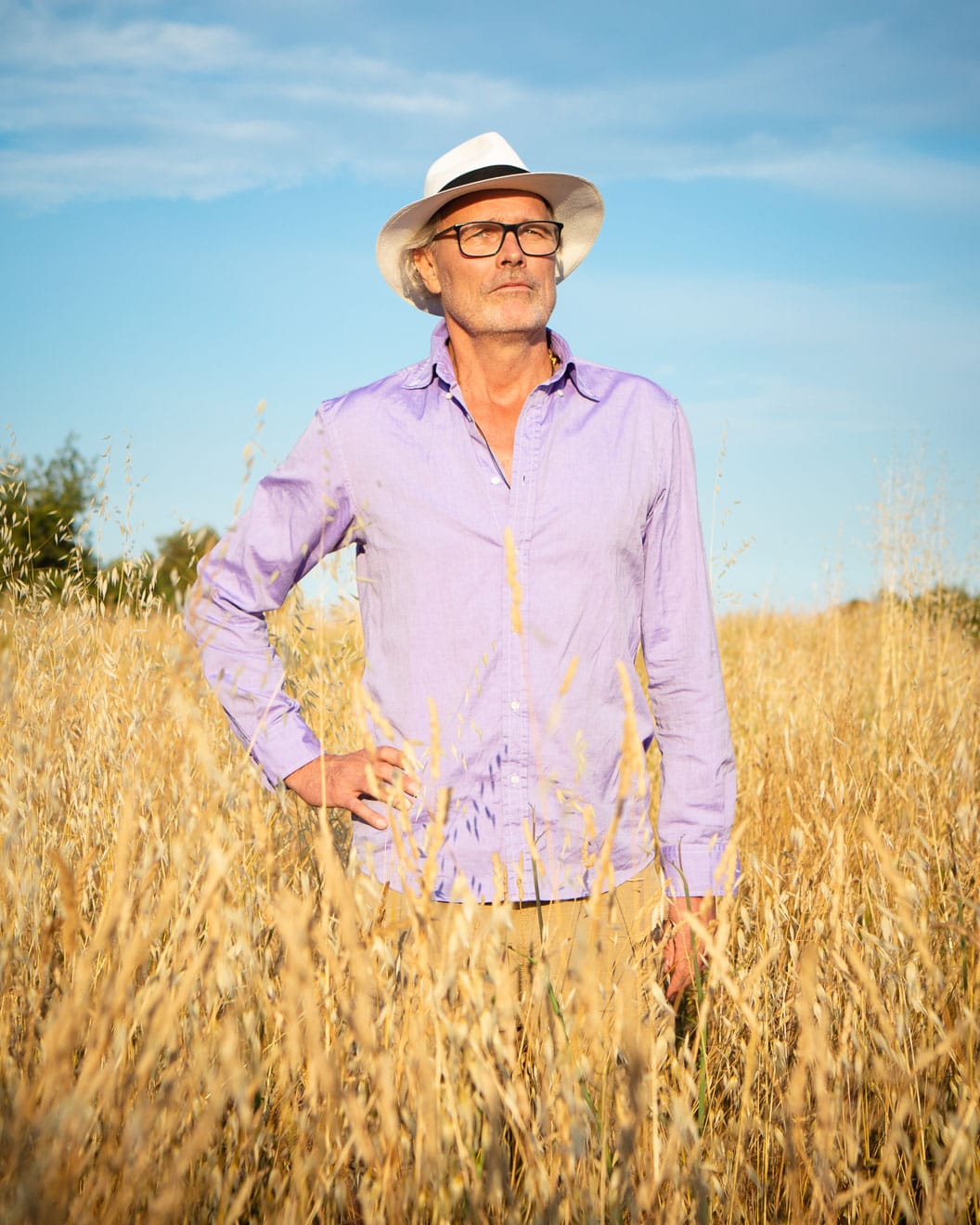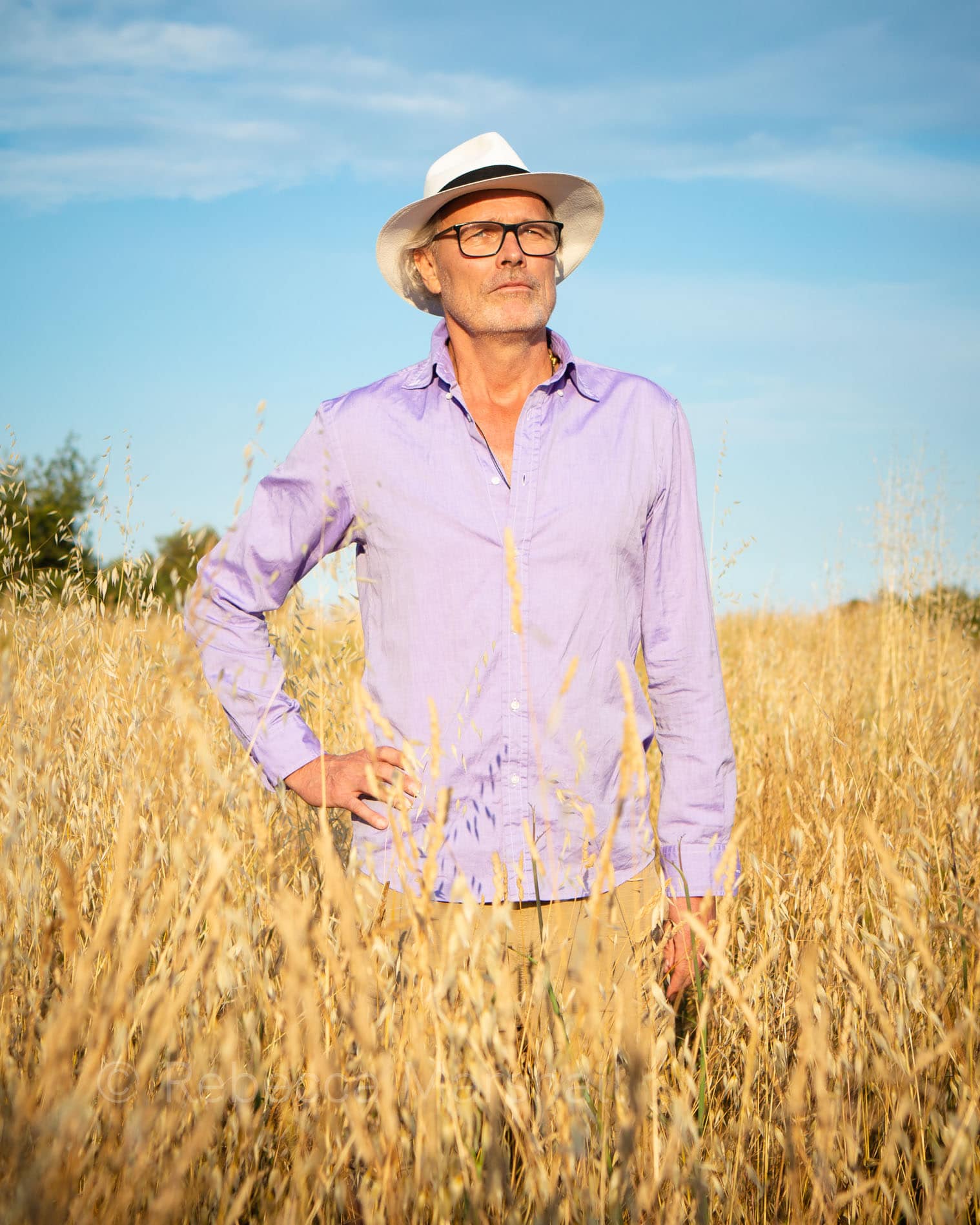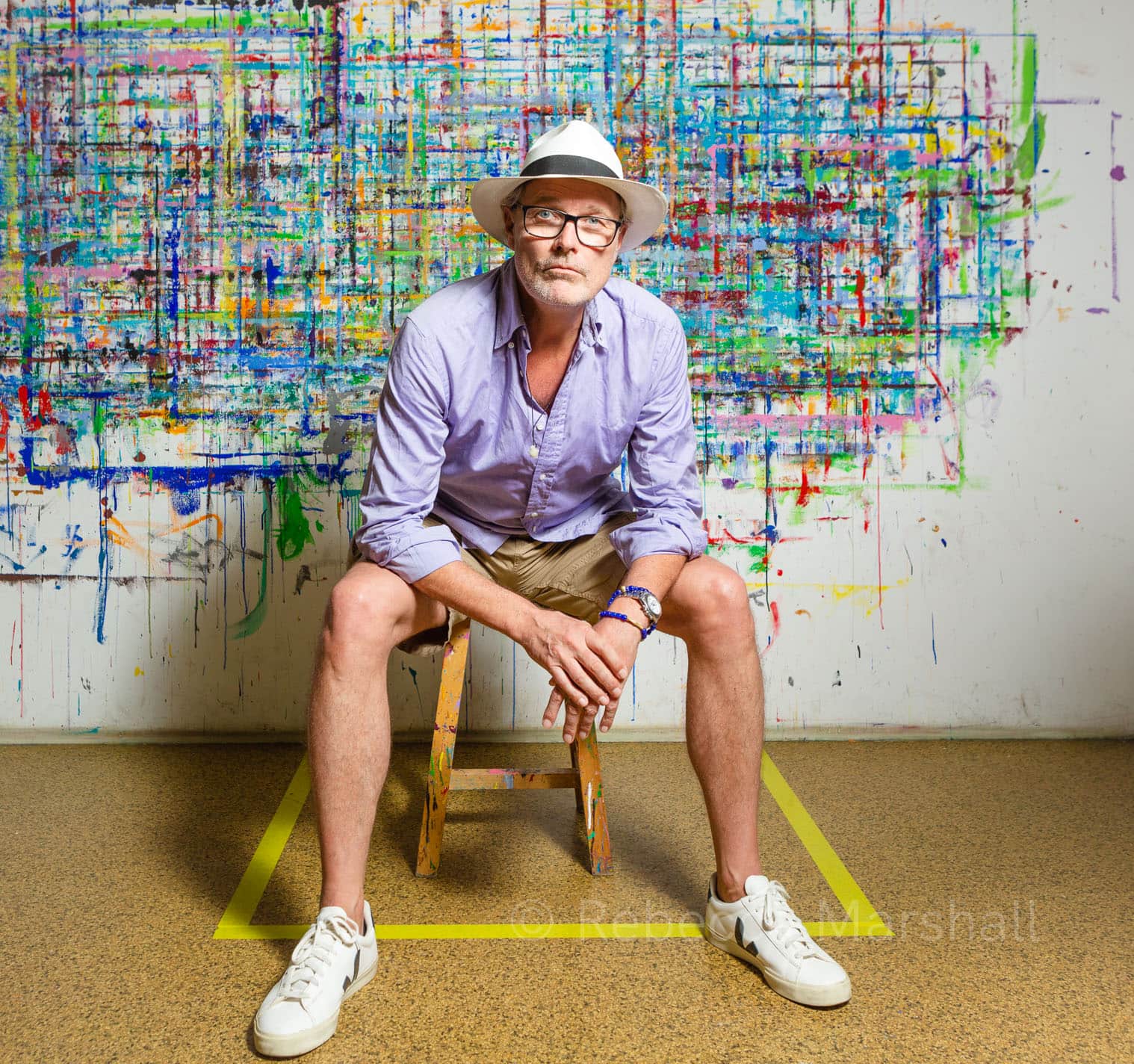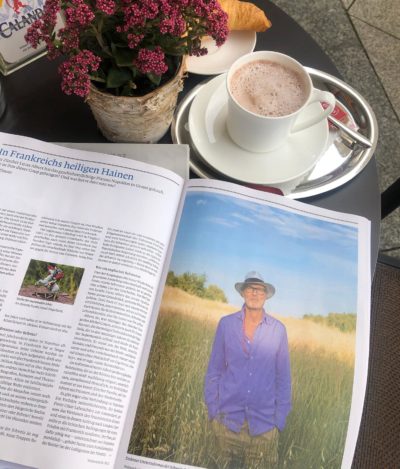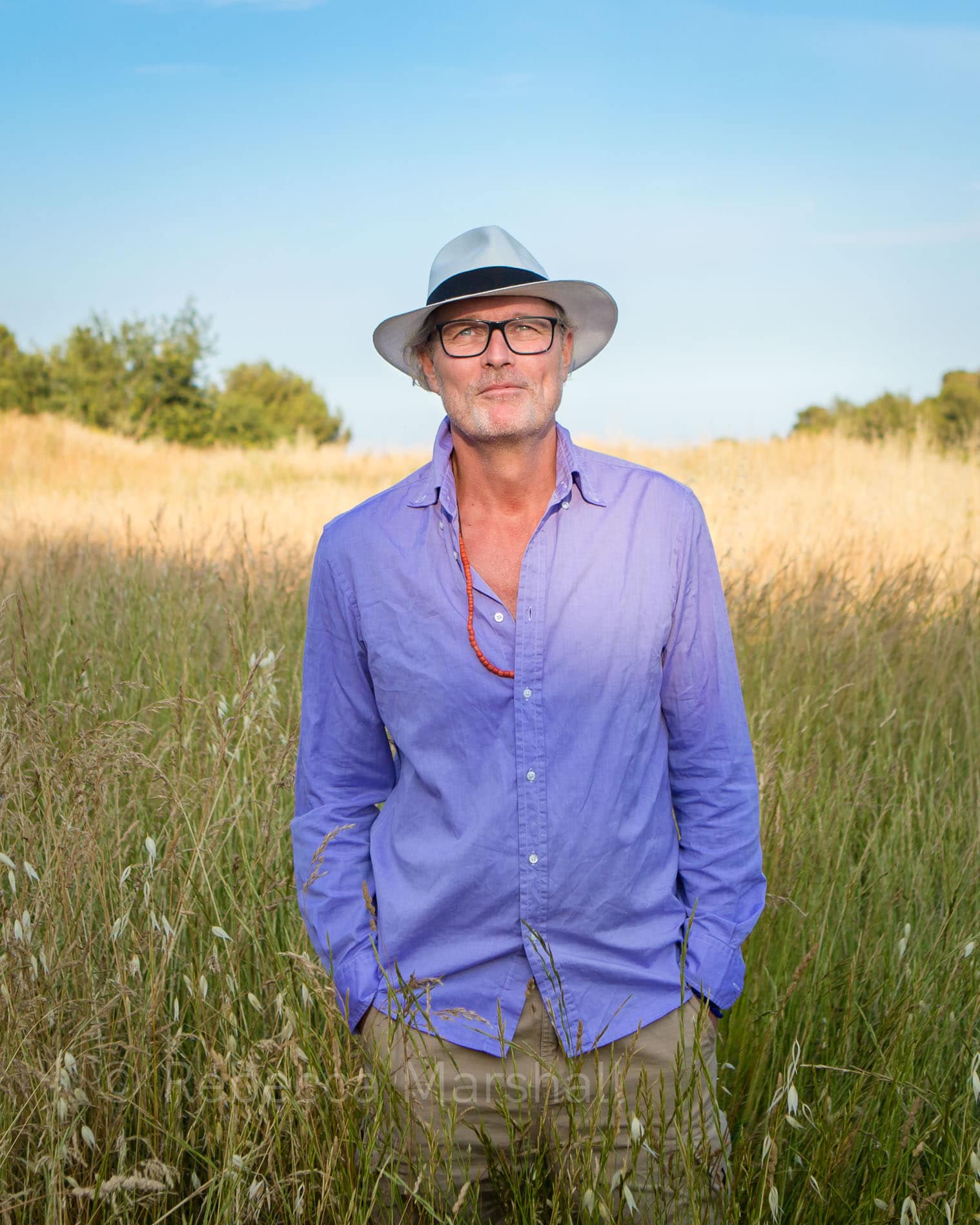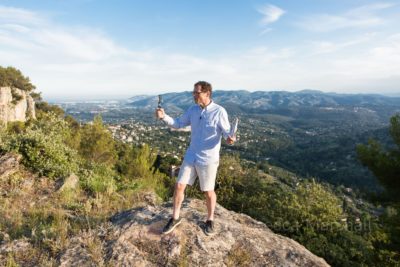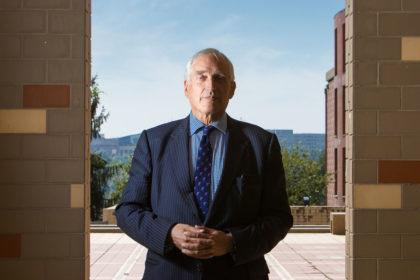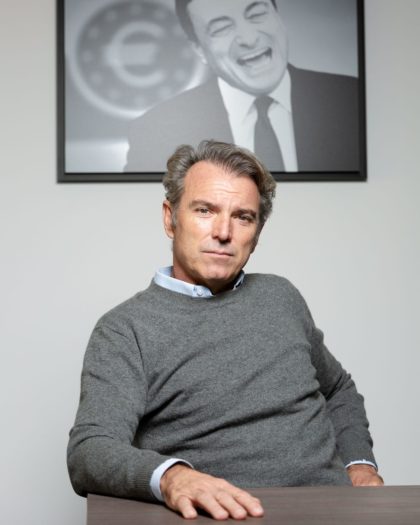What do this gentleman and Napoléon Bonaparte, born around 200 years before him, have in common? Certainly neither their nationality nor their height (Swiss Lucas Albers is as tall as French Napoléon was famously short), and to draw parallels between the role of property investor and emperor would be tenuous. However, although neither was born in mainland France, the two men are linked by a piece of French soil: a small, prominent plateau, high above the French Riviera.
Swiss takeover
March 1815: Corsican born Napoléon escaped from his exile on the island of Elba, keen to get back to his throne and pre-confinement life as emperor of France. Landing close to Cannes, he headed straight to a fine viewpoint above Grasse to assemble a few hundred men, grab a night’s sleep under the stars and, presumably, have a last glimpse of the Mediterranean before marching north to Paris. Atop what is now known as the Plateau de Napoléon, a small plaque celebrates this ‘Halte de l’Empereur‘ [The Emperor’s Stopover]; a pin on the map that traces the blazing trail of one of the most celebrated figures in human history, one so very dear to the French.
Yet, as Swiss magazine Die Weltwoche was delighted to report, the French state has let this piece of patrimony slip through its fingers. In a takeover almost worthy of Napoléonic empire-building, the Plateau was purchased – by a Swiss citizen. Lucas Albers (not short of a bob or two – his family allegedly owns Zurich’s main shopping street), now holds the key to this piece of French history.
Abstract art
My photographer agency, Laif, commissioned me to make Lucas’s portrait on location for Die Weltwoche. In my experience, photo editors rarely consider the ferocity of a South of France sun and the advantages of working early morning or evening when making appointments for outdoor portraits. However, this magazine had considered the best time to shoot in terms of the light.
So instead of going straight to the Plateau de Napoléon after lunch, I was to join the magazine’s editor-in-chief, the writer (who’d both flown to Nice for the interview) and Lucas on a visit to French Riviera contemporary art centre l’Espace de l’Art Concret. Lucas Albers was welcomed like a king. His mother had been a notable collector of abstract art, and the Donation Albers-Honegger that she and her partner made to the museum – over 700 important works of art and a big building in which to house them – is classified as a National Treasure. Art workshop attendees paused and stood to attention when their patron walked through, attentive guides talked us through the exhibitions and Lucas was greeted everywhere with a smile, as he congenially floated about, rangy and enthusiastic.
Traffic jam companion
Late afternoon, the light was softer and it was time to head up to the Plateau de Napoléon. Lucas’s car wasn’t the most practical for carrying passengers (it had other assets) and so, as we were four, I graciously offered up a seat in mine. Magazine editor Roger drew the short (or long, depending on your point of view) straw and was the subject of some Swiss mirth as he climbed into my 23-year-old, been-around-the-block, cassette-tape-playing hatchback for our 20 minute drive up the hill.
Today however, something had gone wrong on the road ahead and the journey took over an hour and a half, much of it at a standstill. How well one can cope, stuck in a traffic jam in a small car without air conditioning during a South of France summer, probably depends (at least in part) on one’s company. And my agent had sent me this brief with a warning:
“You should know that this magazine is very right wing. Some of our photographers refuse to work for them”
Die Weltwoche prefers to refer to itself as unconventional, “a pillar of free thinking, with a Swiss point of view“. The magazine is certainly unusual, if for nothing else than the fact that it is privately owned by its editor – the man who was now a passenger in my exceedingly hot car.
Liberals will destroy the world
In addition to being Die Weltwoche’s owner-editor, Roger Köppel is a politician (member of the right wing Swiss People’s Party). He appeared entirely unafraid of taboos, enthusiastically airing his alternative thoughts on a wide range of topics as the cars crawled forward. Statements like “Women are conditioned to say no, but it’s generally just a test for men to try harder. There wouldn’t be a human race if men had always taken no to mean no” came alongside praising Brexit and, in the context of climate change, pointing out the tendency of human beings to behave as drama queens. I may not have agreed with all he said, but found Roger’s instinct to provoke and question dominant paradigms stimulating. We certainly didn’t struggle for conversation.
“I’m quite surprised you’re still speaking to me, actually” he pondered, halfway through the journey. “You photographers are generally all extremely left wing, many would refuse to travel with me. Even if they did, I doubt most would remain in a good mood if we were stuck in a traffic jam“. I responded truthfully that I found much of what he said made me laugh, which I like doing. In return, he was graciously indulgent of my left-wing leanings: “Liberals will destroy the world – though not intentionally: they are well-intentioned“.
Plateau portrait
I wasn’t sorry that we didn’t reach our destination until early evening – by then the light was perfect. Set back from the plateau’s rocky edge and breathtaking views of the French Riviera, the setting sun gave a golden glow to a sea of overgrown grasses, where I led Lucas for his portrait. In a far corner of his 30,000 m² plot, the foundations of the new art centre that he plans to build could be seen.
Before Lucas sealed the deal, there were several prospective buyers of the Plateau de Napoléon. Financials aside, how did a Swiss come out on top? Apparently the hilltop had belonged to an ageing, French ex-military admiral with a drink problem – and a sense of the perverse. When Lucas had found the place, he’d known he wanted it, yet on meeting the owner, honesty got the better of him. “Why are you selling this place? It’s extraordinary! Are you crazy?!” When his nationality was discussed, Lucas came out with an unapologetic “I’m Swiss. We’re the best!”. All this actually seemed to please the admiral. On a handshake, the Plateau de Napoléon’s fate was decided .
As I made Lucas’s portrait, Roger could be seen and heard, happily prowling along the cliff edge. He was holding a selfie video camera and microphone and noisily expounding what were presumably his thoughts about Napoléon. Every day, Roger delivers a lively 30 minute monologue in the form of Weltwoche Daily. I am only sad, on the basis of our traffic jam discussions, that my German isn’t up to understanding its contents.
Ruling the world
By the time the sun had set and it was cooler, we found we were quite hungry. Die Weltwoche kindly invited me to dinner. Over piscines (a cocktail of champagne and Campari in a swimming pool-sized glass), Mirabeau rosé and fine food, we animatedly discussed topics from climate change and sexual orientation in politics to national identity and the meaning of life. I certainly couldn’t have had more articulate enthusiasts to explain Swissness to me. Roger summed up with characteristic zest: “Brits are pragmatic – but want to rule the world. The Swiss treasure their freedom – but want to be able to pay the bills”. And, perhaps, own an important little piece of France too…
> Read the feature here (in German)
> See Portrait portfolio
